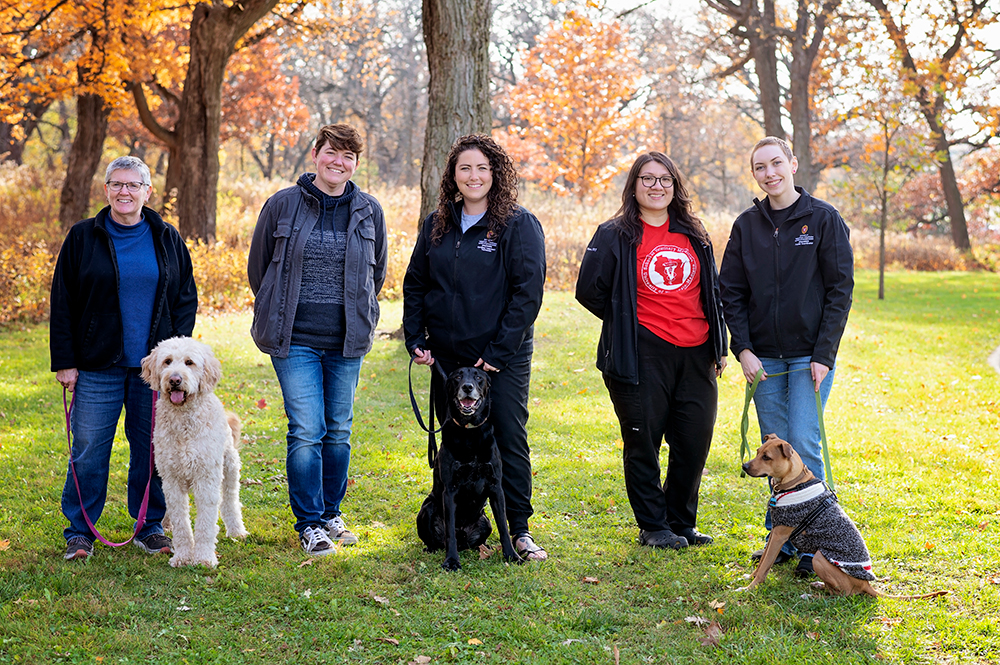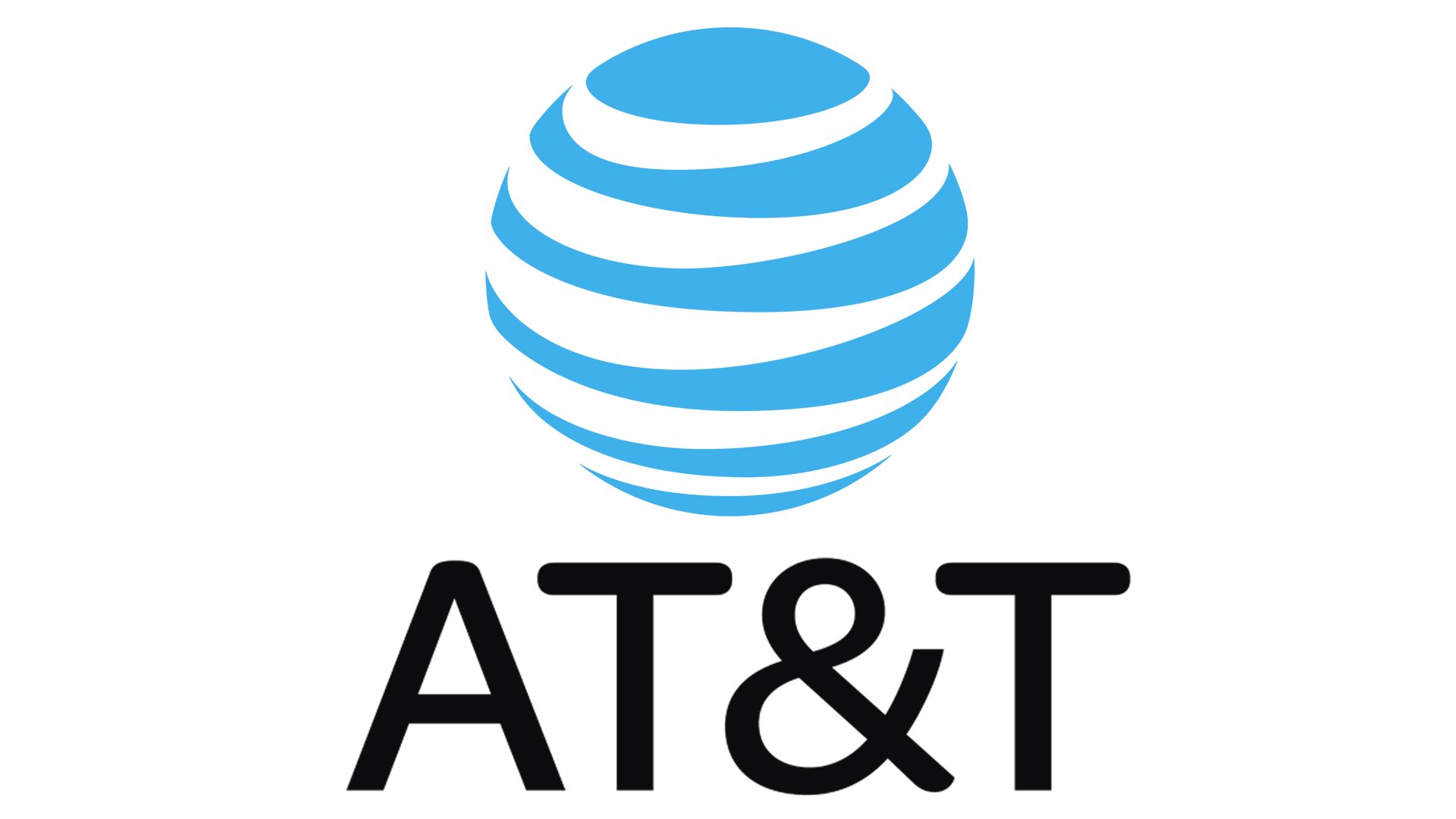WisCARES is heading into our 10th anniversary as a Madison institution. This is exciting news, and yet most people, especially those in our community’s middle and upper classes, don’t know much about us. WisCARES is an extension clinic of the University of Wisconsin Madison’s School of Veterinary Medicine, and we provide veterinary care and social services to people experiencing homelessness and poverty in south central Wisconsin.
Our clinic works to keep animals and their families together when finances threaten that stability. We do this by providing veterinary care and social services to resource-constrained families, and by teaching students how to be better practitioners when clients have limited financial resources. In this way, we help our clients and their families in the present, and train veterinarians who will help families for decades to come.
The reason this work is so important to us is because we start with one basic premise: every animal deserves basic medical support. Right now, in the United States, there are an estimated 50 million companion animals who have never received veterinary care. This number includes all the strays and barn cats but also all the animals that are owned by those who can’t afford veterinary care. If all of these animals were to only receive the very basic care they need this would cost $11 billion per year. If we also wanted to solve some basic medical problems for them it would bring that total up to $20 billion. At WisCARES, we are tackling a tiny sliver of that problem through innovative means.
A Unique Service
Even those who know about WisCARES may not realize what a unique service we are providing on the national level. Providing access to basic veterinary care to owned companion animals is not a new field, but it is a field that is currently expanding at a rapid pace. Many minds in the U.S. are percolating on ways to supply more care for more animals with less money while also trying to solve the contradictory goal of keeping the veterinary profession financially solvent. In 2013, when the UW School of Veterinary Medicine realized the need for programmatic change, there were still relatively few organizations trying to crack this code. WisCARES began seeing patients in 2014, and from the very beginning operated in alliance with the School of Social Work, even more rare at the time. Currently, there is a growing but small niche of social workers who focus on veterinary medicine and the human animal bond.
LGBTQA+ folks have been at the forefront of creating the culture and intention behind WisCARES from the very beginning. Over time, our staff has been composed of a higher percentage of out LGBTQA+ than in the general population and while this hasn’t been an intentional part of our growth, it has been an essential part of our culture. It means that the tone we set comes from a place of understanding how privilege and disadvantage can impact the lives of our clients, and words like “intersectionality” and “equity” are part of our vernacular. Cultural humility has been a touchstone as we continued to grow and evolve our workplace culture and drives our continued learning.
Overlapping Margins
Cultural humility is important at WisCARES as people from marginalized communities in Dane County are also overrepresented in our clientele. As is true across many social services and institutions, this speaks to several complex, interwoven factors. All of our clients are experiencing poverty and about 20–40% are currently unhoused. Roughly half of our clients identify as people of color, a particularly striking number given only 15% of Dane County (WisCARES primary service area) residents identify as people of color. About 10–12% of our clients identify as LGBTQ+. Within our client base, 60–70% self-report that they experience one or more disabilities.
If you skimmed over that last number, go back and read it again. These statistics speak to the intersecting identities and impacts of systematic disenfranchisement and oppression experienced by many of our clients. In the face of these challenges, it is important to consider the immeasurable comfort that we can receive from our fiercely loyal pet companions. That loyalty can be expressed through the general love and comfort animals give. In addition, for many people who feel unsafe, pets can also help them feel more protected. This is why WisCARES’ work is so essential—helping to keep these furry family members healthy not only supports the animals, but our human community members as well.
If you have never thought about veterinary care and poverty, you are likely asking yourself the question we hear frequently, “Should our clients even own animals if they can’t afford to take care of them?” It’s a common question, and one that warrants digging deeper. First, we know that roughly the same percent of people own animals regardless of the social class they come from. This suggests that there is an innate desire in about 2/3 of us to share our lives with non-human companions for all the reasons one chooses to get a pet. Second, many of our clients come by their animals through a wide array of situations. Some animals are found on the street, or taken from a relative who was not caring for the pet, or inherited when a friend or family member dies, or wandered into the client’s life, or came from accidental litters or are adopted from local rescues (who shipped many of these animals from stray situations in the south).
Changing Circumstances
For a significant subset of our clients, their lives were significantly different, their finances more stable when they initially got their companion animal, and that animal has stuck with them as times have changed. In 2022, 63% of Americans self-report living paycheck-to-paycheck. An unfortunate reality in our country is that just one or two serious financial setbacks (an expensive repair, a serious medical diagnosis) can ruin you financially. At WisCARES, we have clients who got their pet before their chemo started or before their husband’s stroke, and will never abandon their furry family member, even when they are losing so much else. Some of our clients also purchase their pets at great expense, and understanding the layers of chronic poverty in the U.S. also calls us to understand that everyone gets to decide how their resources are allocated.
Regardless of how they are obtained, many animals keep their owners on their feet during the bad times, encouraging them to get up and walk them, change the litter, and offer unconditional affection. Some of our clients have told us that they are kept grounded or even alive because they have their friend to tether them to this plane. It’s an honor to get to provide care to these furry family members, and to work with clients on treatment plans that serve the animal while also meeting constrained finances. Our students often return to this rotation in their veterinary training programs because of the interesting caseloads and the opportunity to work with our clients. We are always impressed with their levels of compassion and professionality at our clinic.
Right now, WisCARES is starting some new initiatives and heading strong into our 10th year of services. We’ve seen nearly 15,000 appointments in that time and given nearly 10,000 vaccines to those in need. We only ask our clients to cover about a third of our revenue. Grants and stable funding cover another third, and we need community support to boost up that last third. So, if you would like to help our community thrive, please consider making a donation at: wiscares.wisc.edu/donate-money.
























0 Comments